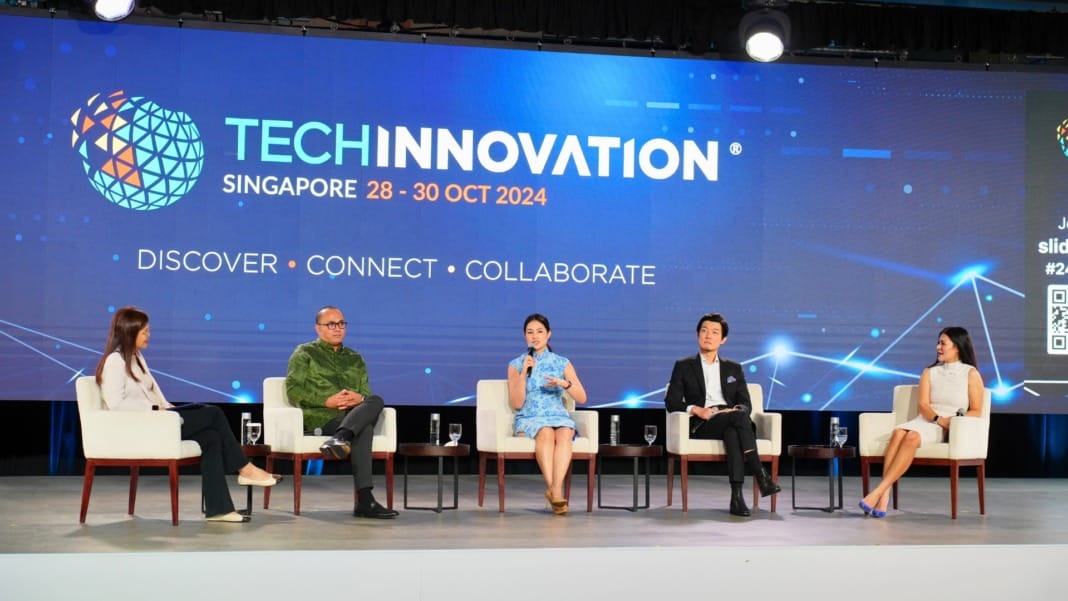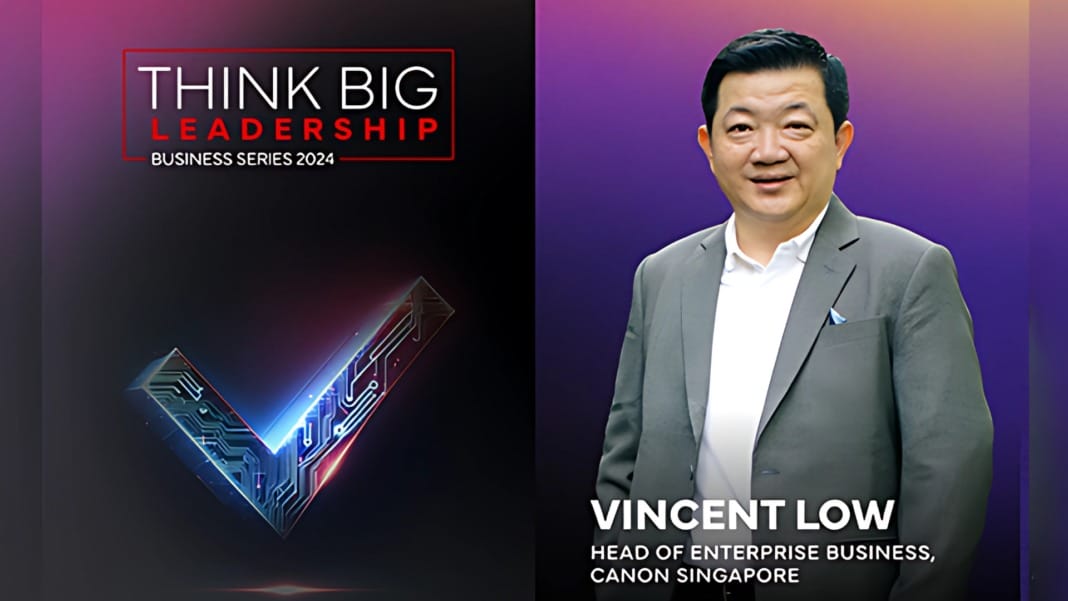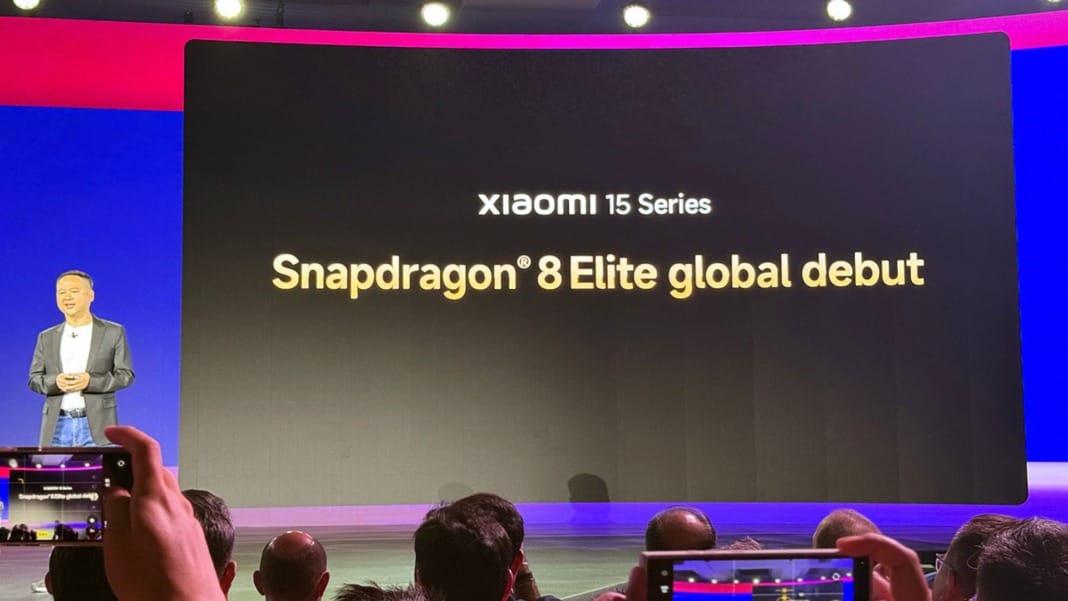On Day 2 of TechInnovation 2024 at Marina Bay Sands, Singapore, the event delved into the theme of “Sustaining a Future-ready Food Industry.” Through keynotes, panel discussions, and a masterclass, industry experts shared insights on advancing sustainability, fostering international collaborations, and building strategic alliances within the food sector. The sessions provided attendees with a unique perspective on how sustainability is driving change, especially in food production and eco-friendly packaging, while exploring the potential of global partnerships.
Sustainability’s transformative impact on the food industry
The day kicked off with a keynote from Anderson Marinheiro da Silva, Regional Packaging R&D Director at Mondelez International. Silva emphasised how sustainability is reshaping the food sector, outlining steps to integrate responsible sourcing, carbon reduction, and environmentally friendly packaging. With a growing public demand for sustainable products, Silva’s talk demonstrated the industry’s shift toward lasting environmental impact.
Silva reinforced the importance of a holistic approach, stating, “Sustainability isn’t an isolated project; it needs to be woven into our core strategy and who we are as a company.” He added that achieving real change requires collaboration across industries, inspiring attendees to embrace sustainability as an integral part of their operations.
Cross-border partnerships driving innovation
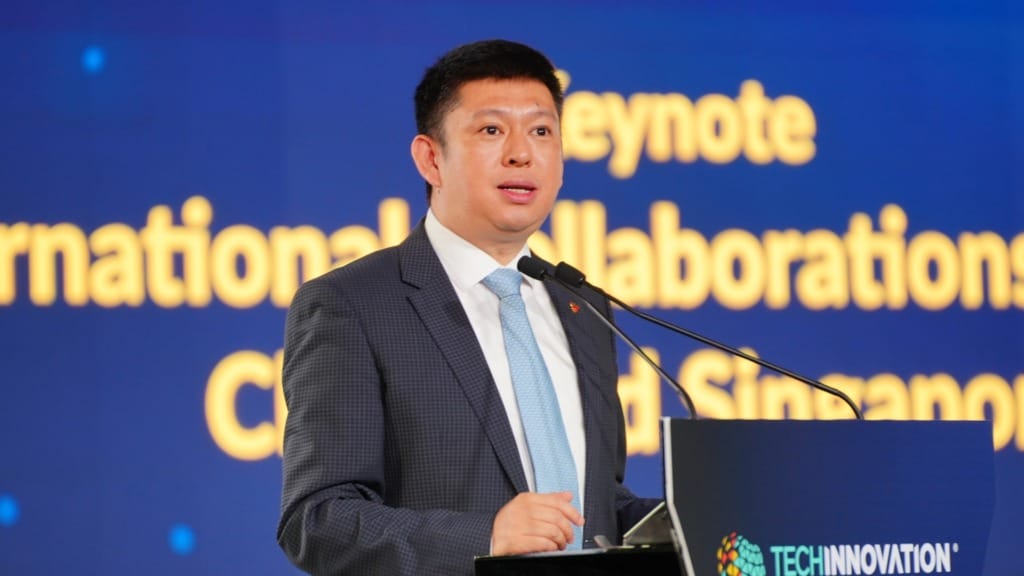
Focusing on international partnerships, Shujun Zou, Executive President of Shanghai Eastern Technology Service Corporation, discussed the benefits of collaboration between China and Singapore, especially in sectors such as AI, life sciences, and green technology. Zou highlighted that joint initiatives in technology transfer, SME support, and investment are essential for driving innovation and mutual growth across both countries.
Sustainable packaging innovations balancing functionality, and environmental impact
In a panel discussion on sustainable packaging, Karen Cheah, CEO of AlterPacks, addressed the challenge of encouraging consumer acceptance of new sustainable materials. Cheah observed, “Our material is 100% home compostable, with high-temperature tolerance…But what we often hear from clients is, ‘Can you put colours on it?’” She noted the ongoing task of balancing aesthetics with environmental goals, aiming to help brands embrace the natural look of eco-friendly packaging.
The discussion featured other prominent figures, such as Low Cheaw Hwei, Principal Consultant and Designer, who spoke about how packaging design and functionality can enhance sustainability while remaining appealing to consumers. Elton Goh, Food Market Specialist at Shimadzu (Asia Pacific), shared his views on the need for regulatory standards and consumer education to support eco-friendly initiatives, particularly regarding safety and quality.
Entering new markets and leveraging strategic alliances
Another session addressed strategies for expanding into new markets, with a focus on understanding local demographics, supply chain challenges, and compliance with regulations. Fatima AlMubbad, Head of Bahrain EDB, Singapore and SEA, identified specific opportunities within the Gulf Cooperation Council, particularly for food businesses. Billy Anugrah, Trade Attaché at the Embassy of the Republic of Indonesia in Singapore, pointed out Indonesia’s diverse market potential and suggested businesses use embassy support to gain regional insights.
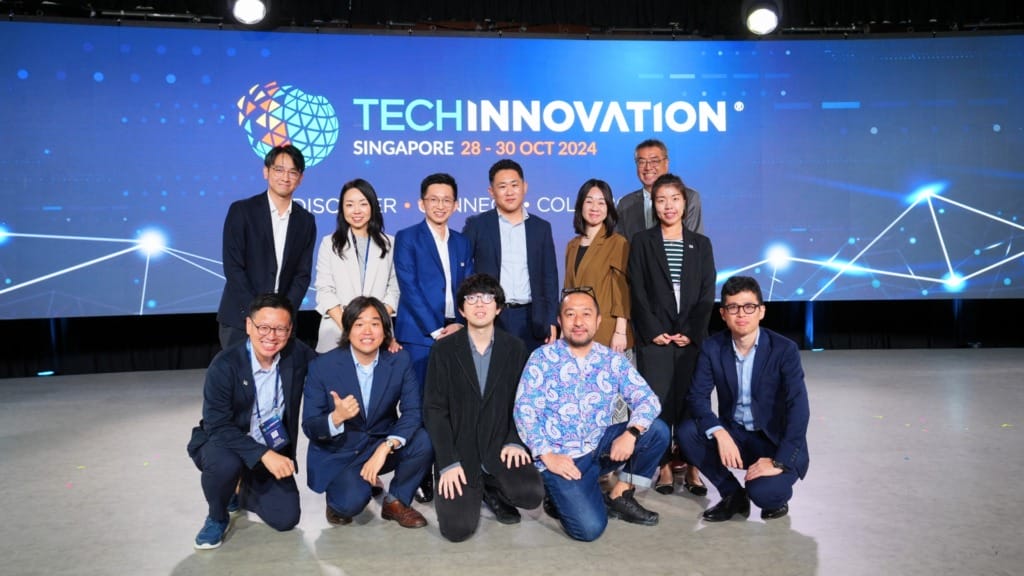
A spotlight on Japanese corporations showcased how partnerships with Singaporean SMEs and startups are driving global innovation. During a two-part panel, companies like Panasonic, Ricoh, and Mitsui Chemicals illustrated the benefits of co-creation models in launching locally tailored technologies. Panasonic, for example, collaborated with IPI on the JCTI Launchpad initiative, overcoming cultural differences and resource challenges to drive innovation in healthcare, IoT, and AI facilities management.
Masterclass: Sustainability in consumer goods value chains
Concluding Day 2, a masterclass by IPI’s Innovation Advisors Francois Joubert and Shivendu Nadkarni explored the importance of embedding sustainability throughout the consumer goods value chain. Joubert and Nadkarni guided attendees through themes such as stakeholder engagement, creating measurable impact, and launching pilot projects. Nadkarni underlined the importance of meeting consumer needs, remarking, “No matter what your business objective is, unless you can create value for your consumer, you will never succeed in the long run.”
With practical insights and collaborative discussions, Day 2 of TechInnovation 2024 underscored the essential steps towards a sustainable future in the food industry. From advancements in sustainable packaging to international alliances and tailored market approaches, these discussions set a clear agenda for food businesses as they work to meet evolving environmental demands.
